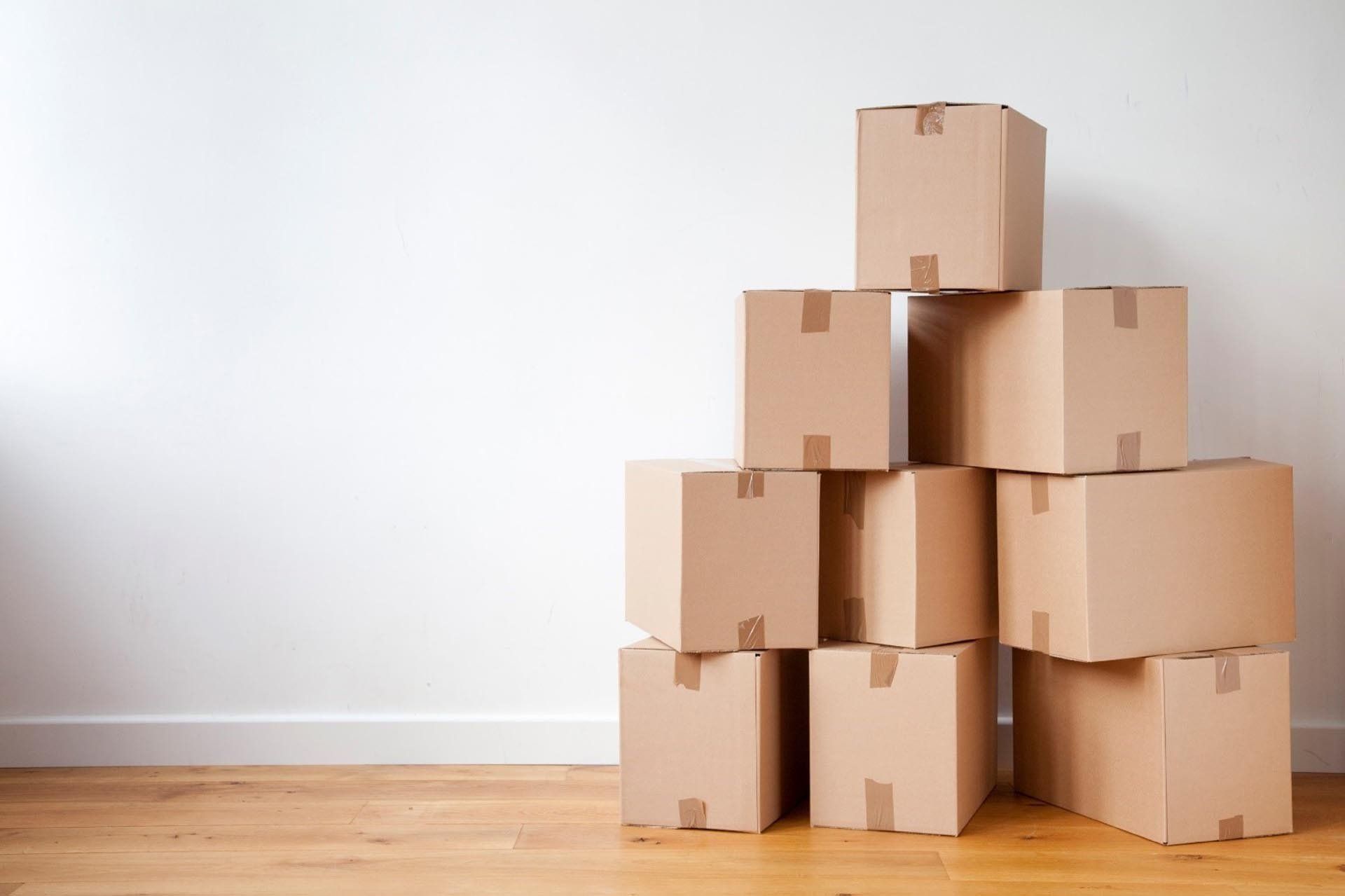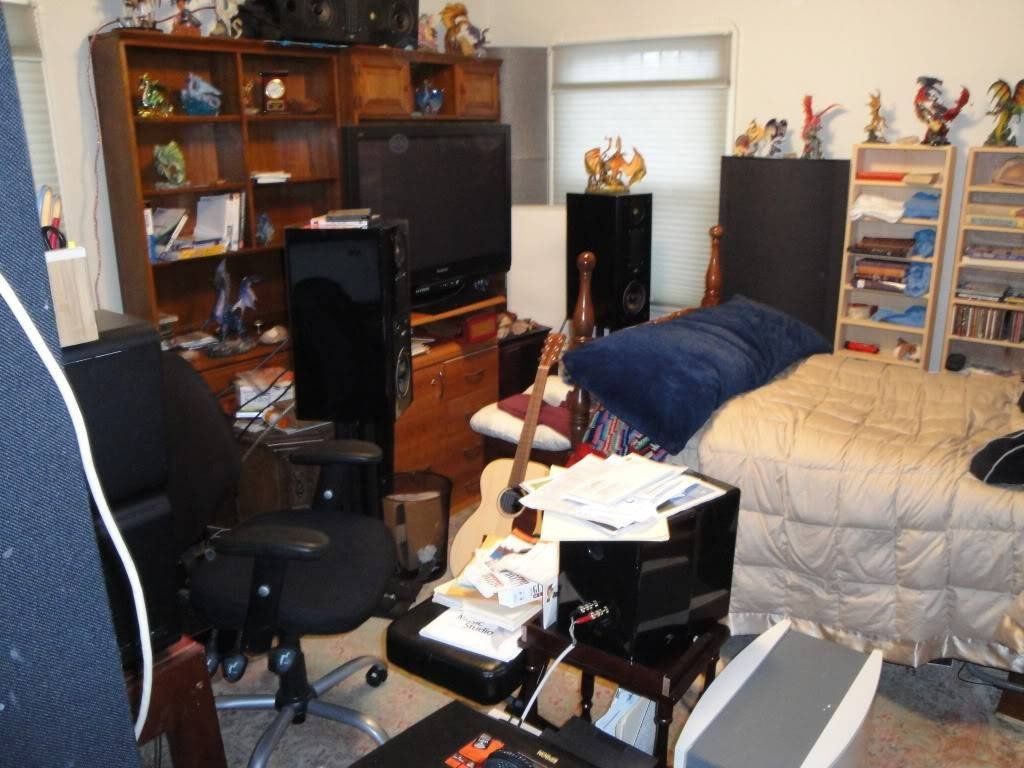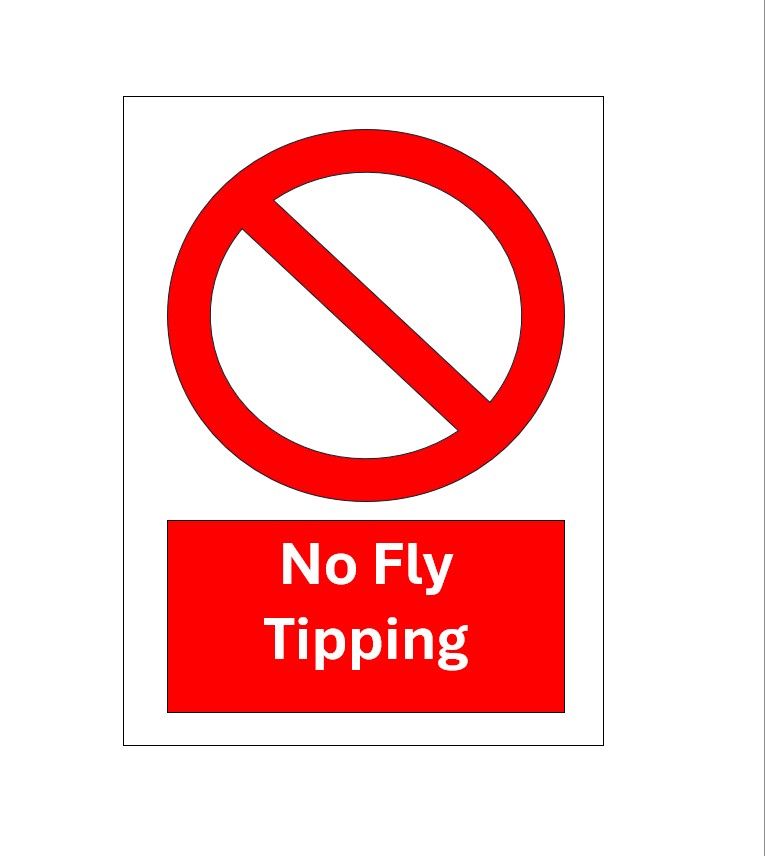Tips on how to label your moving boxes
- by Paul Dye
- •
- 01 Feb, 2018
- •
Want to find your important things from a sea of boxes?
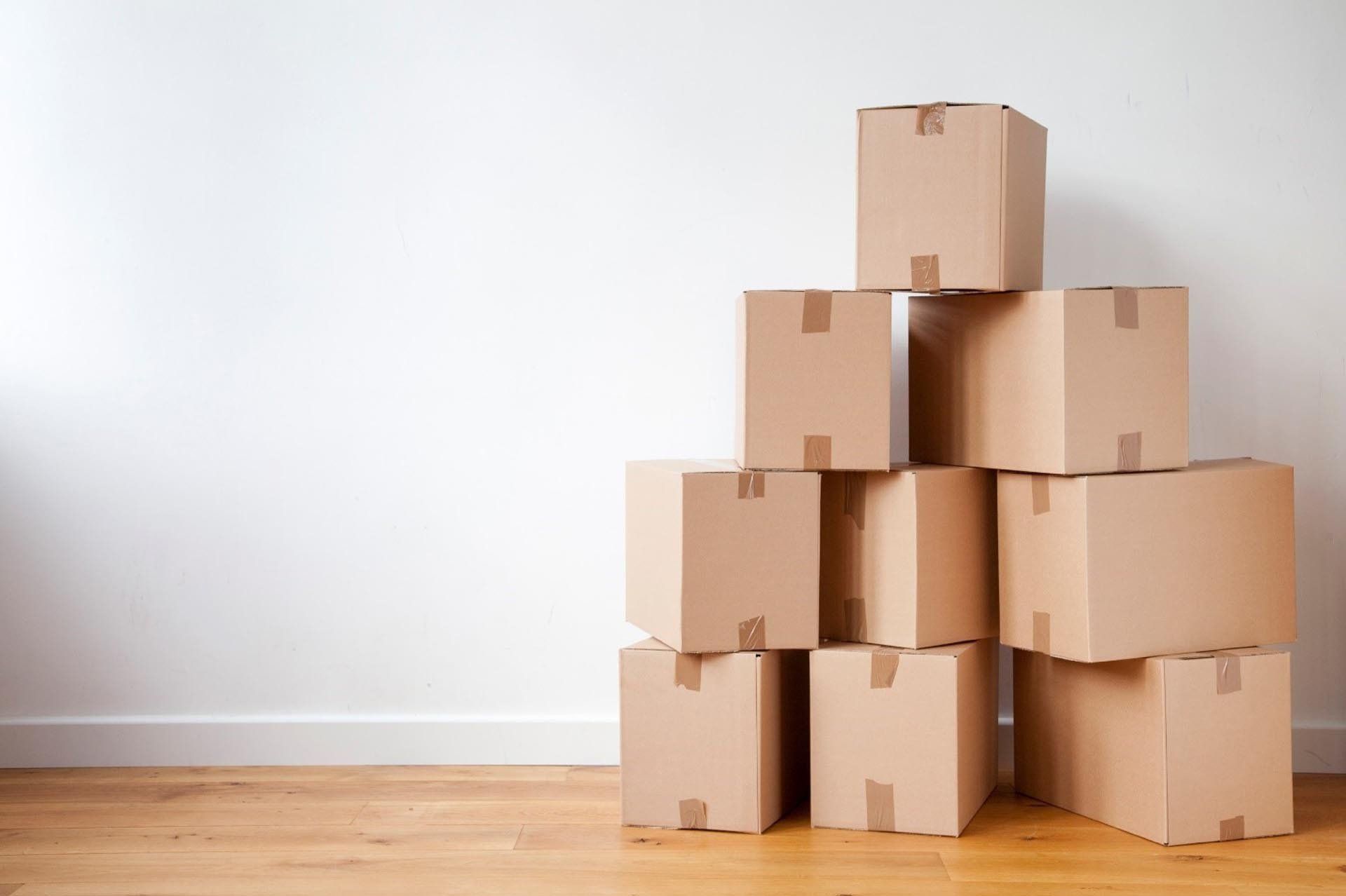
Want your move to go smoothly? Here are some tips for ensuring that you can find the items that you need when all you can see are boxes. Labels are often overlooked, but they can make a big difference!
Why are labels so important?
Picture the scene, you have just moved for the first time and everything has been unloaded from the van into your new home. Where do you start? You open the first box in the lounge and discover that it’s the stuff to go in the loft. No problem, open the next box, its stuff for the shed, ok. The next box is full of shoes, all you want is a cup of tea/coffee! Which box has the kettle!!
We have moved many people that say that they will tell us which room each box needs to go in to. Then the move gets in the way and they are called to do something else. Before they know it there is a backlog and they tell us to stick them all in the same room.
So, what is the best way to label boxes?
There is no universal best way to do this, but here are a few ways that might help alleviate the stress.
Colour code the boxes according to the room that they are going in to. This way will allow the removers to put the boxes in to the correct rooms to start with. Just let us know which colour goes in which room.
If you don’t have different coloured labels just write the name of the room on each side of each box. Quick tip, put tape on the side first then write it on the tape. This enables the box to be used again without causing confusion. It’s best to write on the side so when the boxes are stacked you can still see which boxes go where.
To improve the process further you can also add a priority code, so that you know which boxes need unpacking first. For example an ‘H’ for high priority, ‘M’ for medium and ‘L’ for low. Then you won’t be searching for items that won’t be needed for months whilst you are looking for the stuff needed tomorrow.
Any system is only as good as the way it is used. So if you put items from the kitchen in a box labelled bedroom it will fail. If you pack room by room then you stand a good chance of things ending up where you want them 😊.
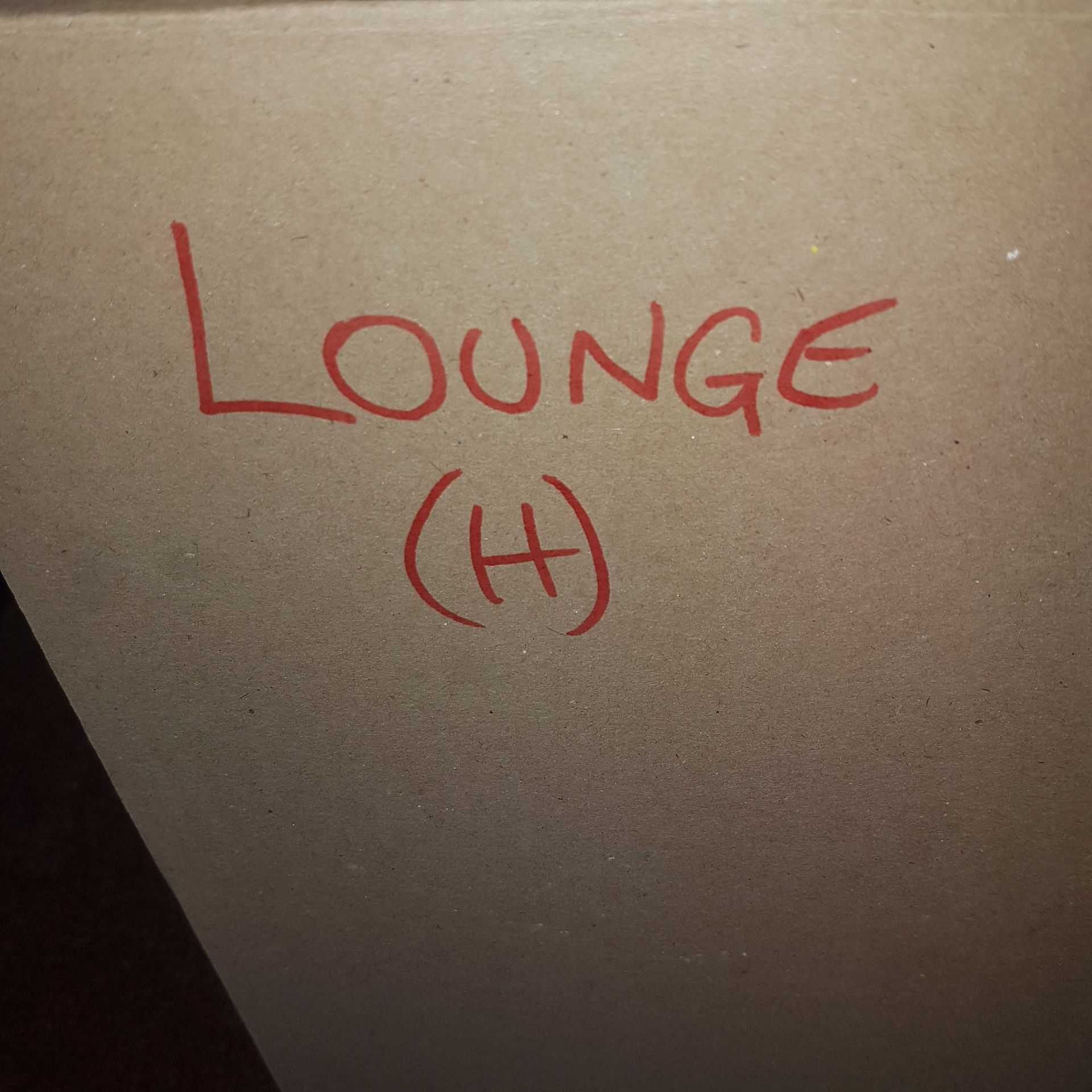
Fragile Items
Pre-printed tape with Fragile on it is frequently used, but tends to be used on every box. When the van is being loaded fragile boxes are placed at the top, if every box is fragile it makes it very difficult to prioritise. Also remember to indicate which way is up so that it is looked after correctly.
As always if you have any tips that you would like to share please drop us a line or post on our Facebook page.

There's no better time to declutter than when you move home. Take this as an opportunity to really decide whether you need items you've been hanging onto for a while. Remember that the more things you take with you, the more it will cost you to move. Use eBay, Facebook and Gumtree to sell what you can, donate where possible and responsibly dispose of anything else.
Try to arrange your move for a weekday (not a Friday if possible!)
If there are any issues with getting keys or something's not right at the new property, you'll have more chance of getting it sorted on a weekday than at the weekend. If you're moving on a Friday or at the weekend any issues aren't likely to be resolved until Monday at the earliest.
Collect or order boxes and packing equipment
If you're on a budget, supermarkets and other shops often have a lot of boxes to get rid of, especially on a delivery day. You can also try local Facebook groups, websites like Freecycle or Gumtree, or a place of work/study. If you want to buy packing equipment, including boxes, tape, stickers and pens, we can help out - contact us with your details.
Start Packing
You can never start packing too early. Start with your least-used rooms or spaces first: the garden shed, the attic or under the bed are good places to begin. Remember to make an inventory so you know what each box contains and where it needs to go. Make sure you pack your boxes correctly - not too light or heavy, and make sure you can shut the lid and tape it down: this will make loading the van much easier and will help keep the cost and time of your move down. Keep some boxes aside for last-minute packing.
Make a to-do list or calendar
A to-do list or calendar can really help you organise your move, especially for tasks such as switching utilities or having new furniture delivered.
Notify utilities
You'll need to turn off or transfer your utilities from your current home: e.g. gas, electric, water, phones, internet, TV licence. Depending on your provider you may be able to do everything online - just remember to do it in advance so you're not left without the essentials when you move in.
Notify others
You'll also need to notify your local/new council, the DVLA, banks, shops (i.e. if you have a loyalty card), schools if necessary, inland revenue for tax purposes, insurance providers.
Arrange disconnections
You may also need to get somebody to come and disconnect your appliances such as washing machines or ovens. This is absolutely necessary if you own a gas cooker: these must be disconnected and reconnected by somebody with a gas safety certificate, or you may endanger yourself. At the very least, you would likely not be covered by insurance if something were to happen.
Renting?
If renting, give notice to your agent and/or landlord and arrange for the property to be cleaned by a professional, it will make the day far less stressful. If money is tight you can always do it yourself, but wait until the property is empty before starting. You'll also need to arrange a final checkout.
Going far?
Get your car serviced if you're making a long distance move - the move will likely be stressful enough without your car breaking down.
Change health services
If necessary, register at new doctors, dentists, opticians, vets etc. Also make sure you have enough medication to last until you can access the new services.
Book a removals company
Shop around for quotes, check reviews and remember to book early so you don't miss out. Always check reviews! Related: depending on where you're moving from/to you may need to organise permits for vans to park outside your current or new home - having to park further away will increase time and cost of your move if using a company.
Book storage if needed
If you need to arrange storage for any items make sure to do this early. Getting items into storage as soon as you can will cost more but can save you a large headache later on.
Children/Pets
Arrange for children and pets to be looked after if possible - ask family and friends! Having so much going on can be stressful and disorienting, and you'll be too busy to be able to do much about it. Try to get moved into your new home before introducing pets - it'll help them acclimatise easier and become less stressed.
Book time off work
Remember to book time off work if necessary! It may also help to book a few days off before and after your move so you can get settled.
Clean the new place
If you already have keys and previous owners have moved out: arrange a clean of your new home. If it's been vacant for a while it may be quite dusty.
Getting new furniture/furnishings?
If you need new carpets or furniture, order them for the day after you move in (unless you already have the keys before you move - in which case get them delivered before you move in!)

There are various methods used including:
Load up and disappear – the van gets loaded up and then drives away, with all your items, never to be seen again.
Our van is too small – they start loading then notify you that their van cannot carry all your possessions, they then say that you will need to pay more to come back and get the rest. Alternatively, they load all the valuable items first, then drive off and do not return.
Extra charges – they call you up a day or two before moving day and try to charge more, as they are really busy and will call off the move if you don’t. This leaves you in a position where you either pay extra or try to find someone else, which may be difficult at short notice. Given the stress that you are likely to be experiencing at this time you may decide just to pay up.
Hostage – This is really a variation on the load up and disappear scam, except they don’t totally disappear, instead they contact you to allow you to buy your own items back. As some of your boxes are likely to contain personal items that cannot be replaced, such as family photos, they cannot sell them, so they try to blackmail you, the customer.


